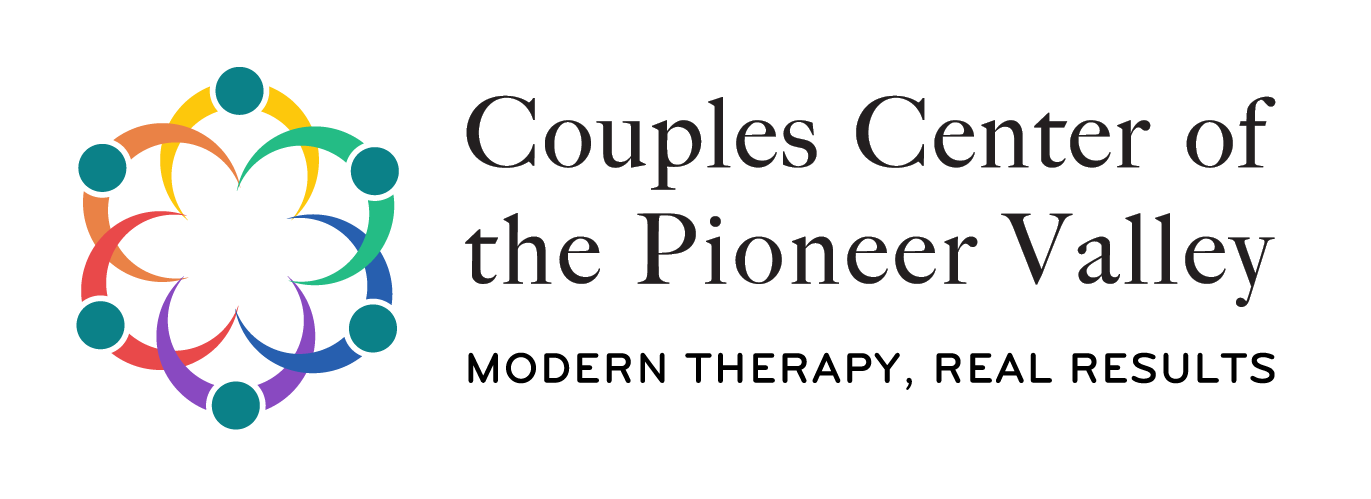
Relationship Coaching
Relationships experience peaks and valleys, and no matter how long you have been in them, they are a work in progress. Maintaining a good relationship with your partner or other important individuals in your life may require the help of a professional. If you know you need an unbiased third party, but are not clear whether to choose a licensed therapist or a relationship coach, here are a few things to keep in mind:
There are a few main differences between coaching and therapy.
Qualifications: Our coaches all have masters degrees and training in the developmental model. They are certified, while therapists are State licensed and also have done a great deal of work under the supervision of experienced therapists and countless hours of work with individuals, families, and couples before they sit for licensure. Therapists manage mental illnesses and diagnoses, coaches do not. Coaches work with clients for shorter periods of time. Therapists can work with clients for long stretches. Often therapists are focused on the past and present, while coaches are future-oriented.
Focus & Approach: Coaches meet their clients in the present moment and focus on the future. They clarify goals, identify obstacles, and create action plans. Coaches focus on how to reach a goal. Their process is oriented towards action and results. Therapists, on the other hand, tend to work with clients for longer periods of time than coaches do. Therapists tend to focus on the past while moving towards a brighter future. Therapy is introspective and often less goal-oriented than coaching. Therapists work through emotions, behaviors, and thought patterns with their clients. Therapists are able to diagnose and treat mental disorders such as depression and anxiety, as well as substance abuse disorders. They are a good choice for people who have more complex issues.
Session Structure & Insurance Coverage: Both therapists and coaches ask their clients questions. Therapists tend to ask more open-ended questions that may lead to new discoveries. Coaches ask questions that will lead to a goal-oriented, future-oriented answer. Many therapists may accept insurance for their sessions. Coaches don’t provide mental health services and can’t bill for insurance. Some therapists are private pay only, but all coaches are out-of-pocket pay.
Relationship coaches would not be appropriate if within your couple, one or both of you have the following issues:
Major mental health problems
Current active substance-abuse disorders
Interpersonal violence
Relationship coaching at CCPV:
Relationship coaches at CCPV all have a Master's degree in Counseling, and a great deal of experience working clinically with individuals, couples, or families. We only hire coaches who have a very sound clinical background and experience. They also receive extensive training here at the Center specifically in the Developmental Model of couples therapy. Coaches are not able to diagnose and treat mental disorders, and so this option is not appropriate if one or both partners in a couple have more severe mental health conditions that will need to be an important focus of treatment. Rather, relationship coaches focus on diagnosing and treating relationship issues. Their treatment plan is focused on your relationship and based on the Developmental Model, and how each of you can focus on your part in finding solutions to your issues.
Like Couples Therapy, our Coaching work is drawn extensively from the Developmental Model, which differs from some of the other popular couples therapy models (Imago, Emotionally Focused Therapy) that you might be familiar with. Our central principle is to nurture the growth and "differentiation" of each partner and to put focus on strengthening each partner’s capacity to tolerate and negotiate differences. This is in contrast to other models, which initially focus on increasing each partner’s empathy and understanding of each other. Coaching is a great fit for individuals and couples without major mental illnesses, active substance abuse, or addictions, and focuses on learning skills and tools to change your patterns now.
Our CCPV relationship coaches are national in scope and serve a broad constituency of patients.


